
Overview
This is the fifth in a series of posts looking at Simple Machines (Lever, Wedge, Inclined Plane, Pulley, Wheel and Axle, Screw). Becoming more aware of screws, and other Simple Machines, in your early learning setting helps make you more confident supporting STEM (Science, Technology, Engineering, and Math) play and answering children’s questions about how many everyday items work.
What’s A Screw?
A screw is a mechanism that converts rotational motion into linear motion. A screw is really a combination of two other simple machines. It’s an inclined plane in the round (the thread that wraps around the screw) with a wedge at the tip. This short video will tell you more:
A screw’s threads change the weak circular force applied to the screws head to a strong upward or downward force. Here’s a helpful diagram that highlights some of a wood screw’s features.
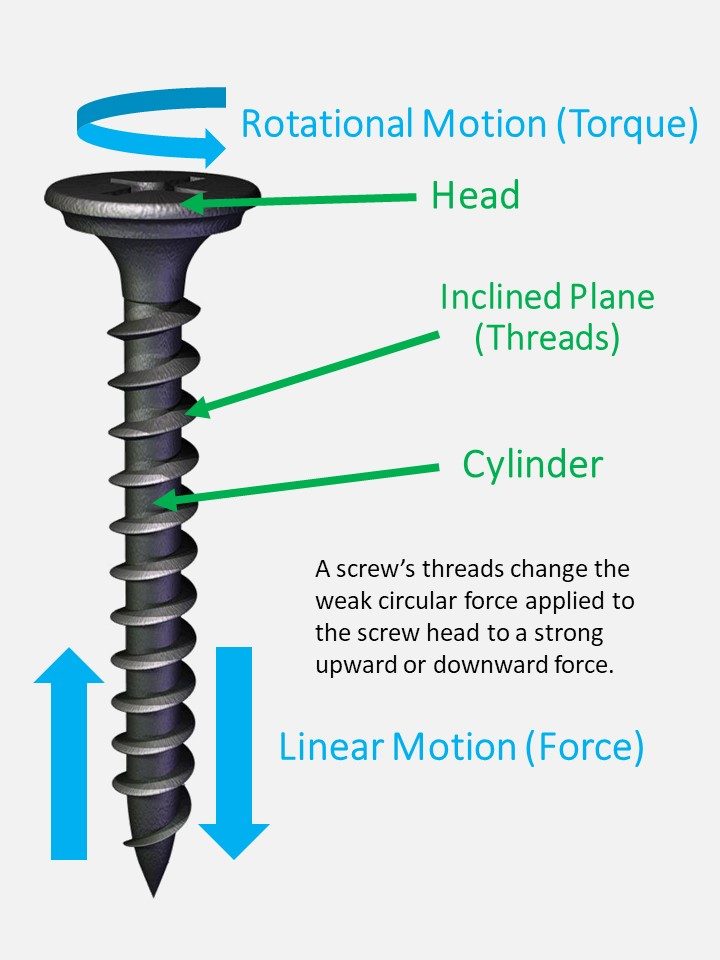
Examples Of Screws
You’ll find screws all over the place if you start looking for them. For example, they’re on playgrounds and construction sites and on peanut butter jar lids and musical instruments.
How We Use Screws
Screws are very useful. Because they are self-locking (they tend to stay in place unless an outside force is applied) they are good at holding things in place. For example, wood screws are much more effective at holding pieces of wood together than nails. The self-locking property of screws is also why they are used in other applications–screw-top jar lids, corkscrews, threaded pipe, and C-clamps to name a few.
Screws are also used in machines to transfer power. They help change the direction Here are a couple examples of what are called worm drives:

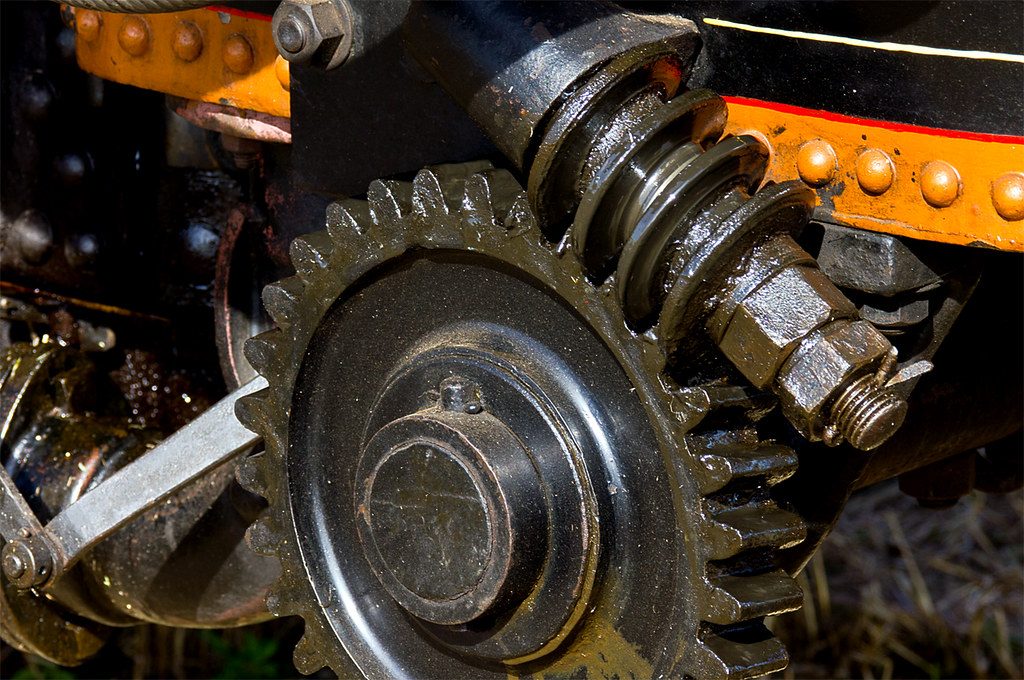
Rotating helical screw blades are also used for moving material. These screws are often hidden. For example, the screw bald (also known as an auger) in the combine moves grain to the trailer in the top image below and in the lower image a hand cranked auger moves water from one reservoir to another.
But screws often move material out in the open. For example, augers are used to make holes in ice for fishing by boring into the ice and then removing it from the hole.
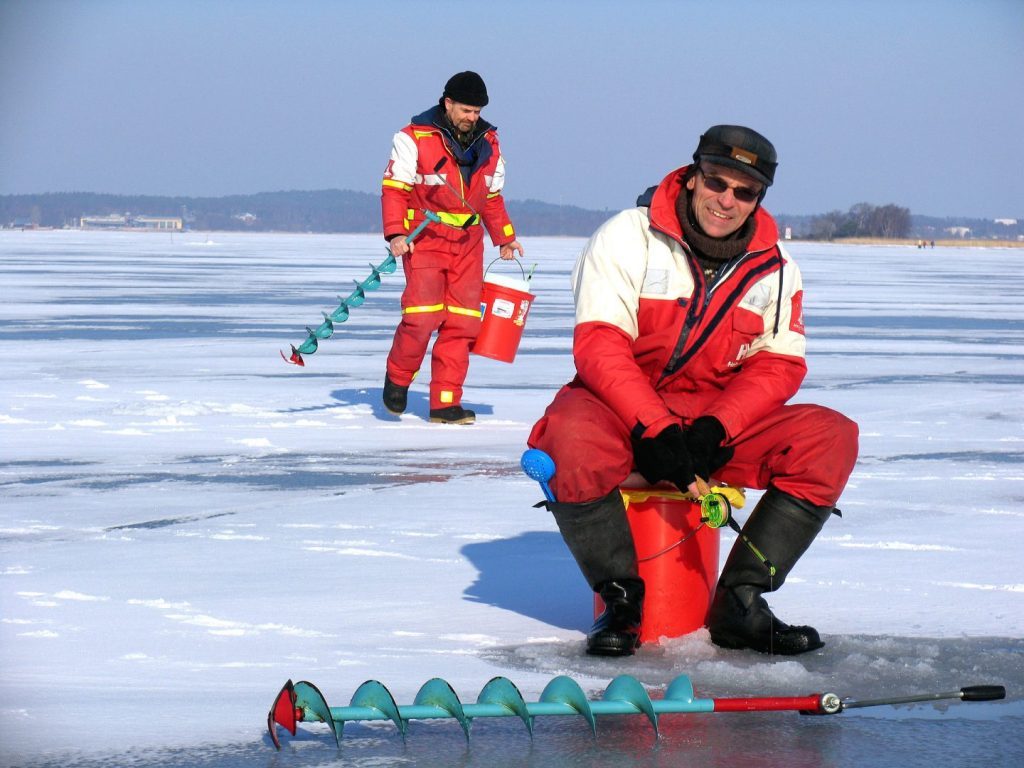
And drill bits do the same with wood and other materials.
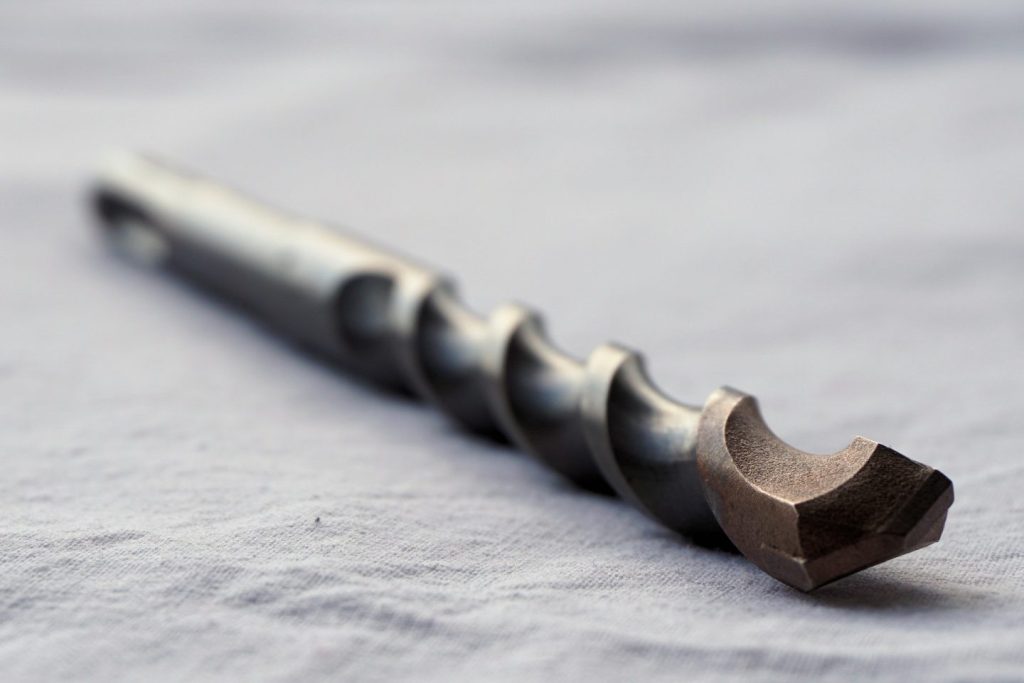
More Examples of Screws
Here are a few final examples of screws you’ll run into out in the world:
Conclusion
As you can see, screws are everywhere and play a big part in our lives. You can help children become more aware of them–and the work they help humans do–by pointing them our when you run across them. You can also look for opportunities to bring them into your play spaces. For example you can create workstations where they can use screw drives to drive wood screws,into wood. Or maybe make a collection of screw-based loose parts available–jars with screw-top lids, galvanized threaded pipe, nuts and bolts, and more.
I’d love to hear and see how kids are interacting with this simple machine in your play space–your thoughts, photos, and videos are welcome in the comments.
contribute content to Playvolution HQ
brought to you by Explorations Early Learning
Post Author
Jeff Johnson is an early learning trainer, podcaster, and author who founded Explorations Early Learning, Playvolution HQ, and Play Haven.

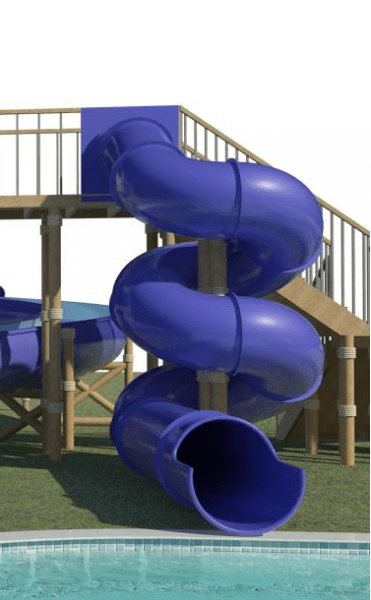
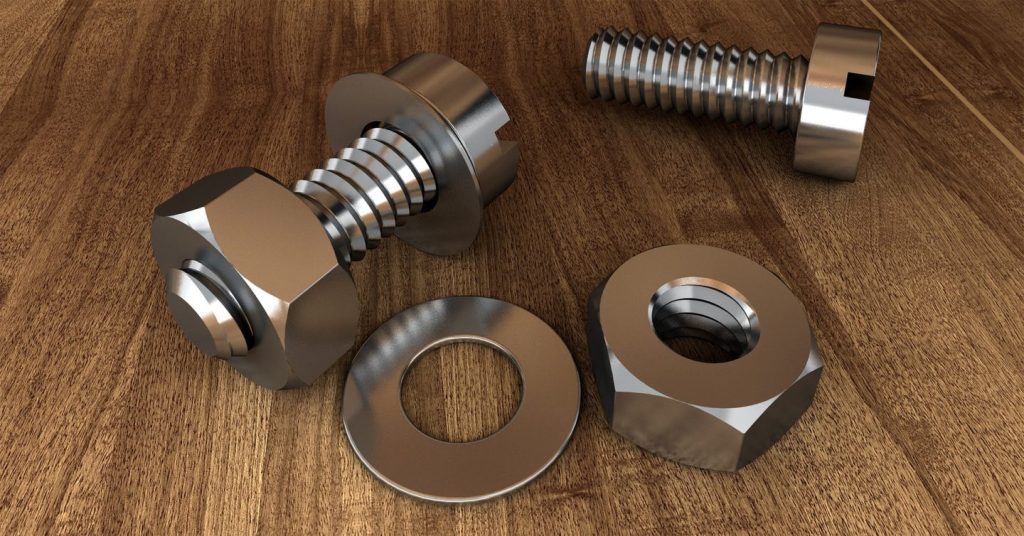
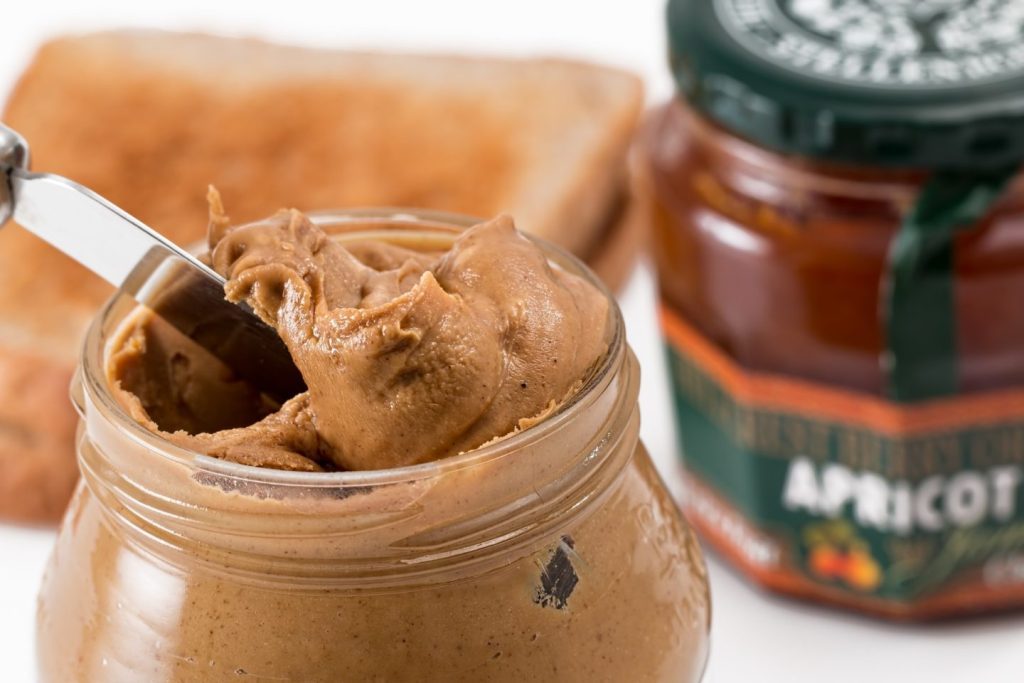
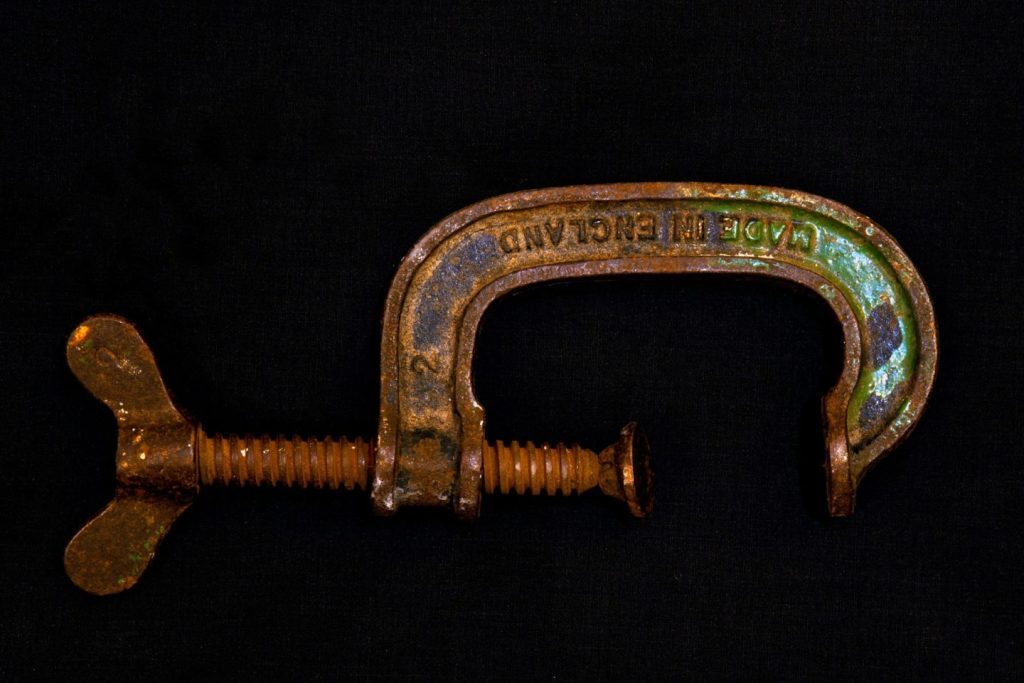
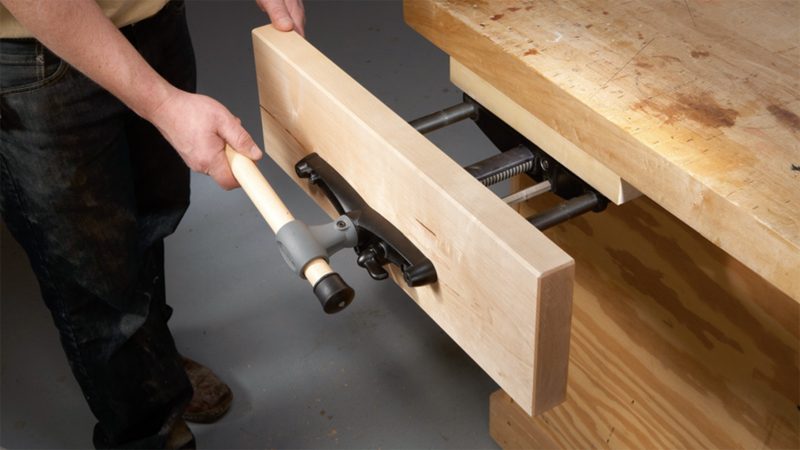
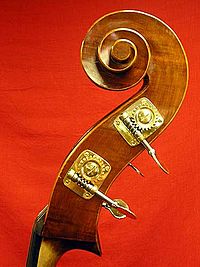
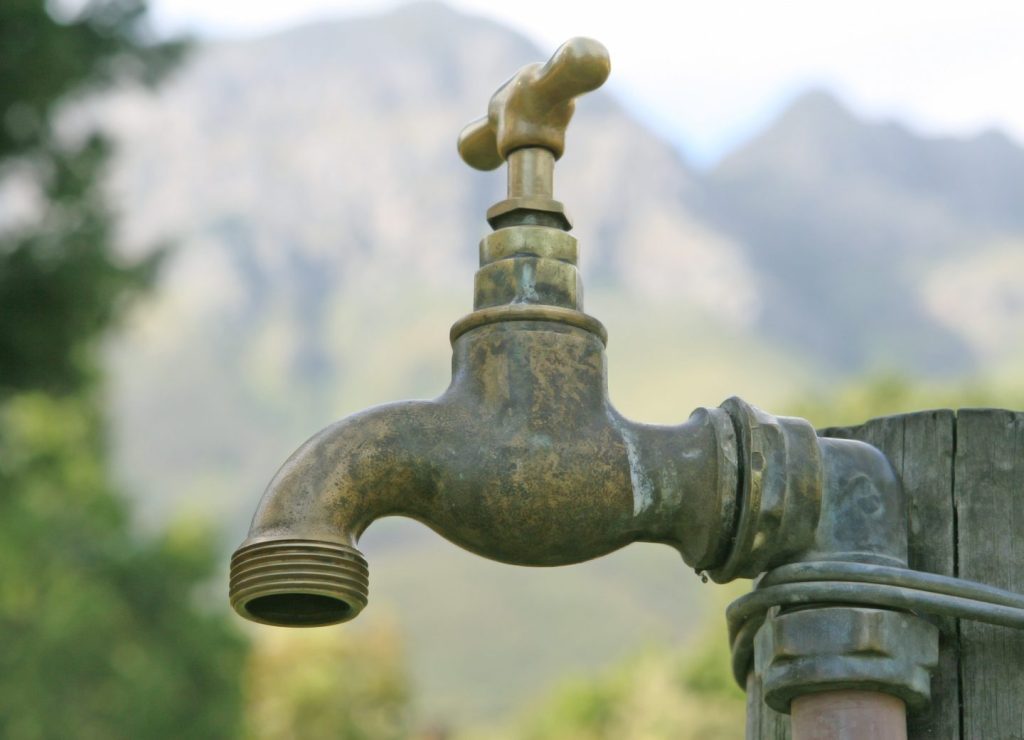


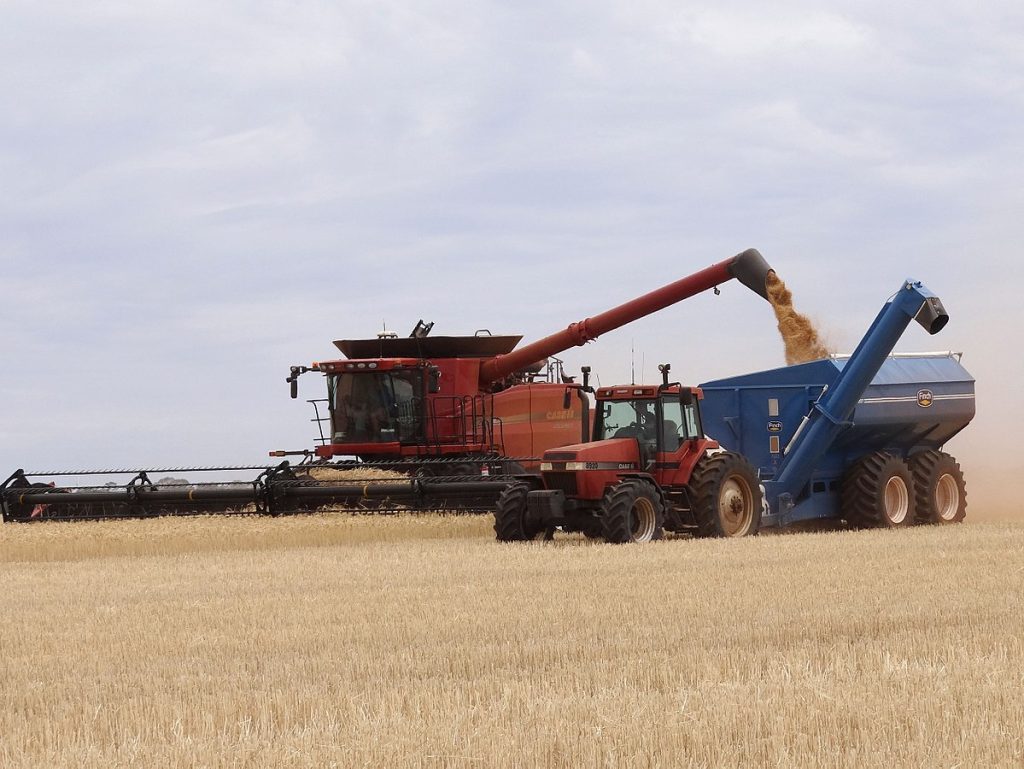
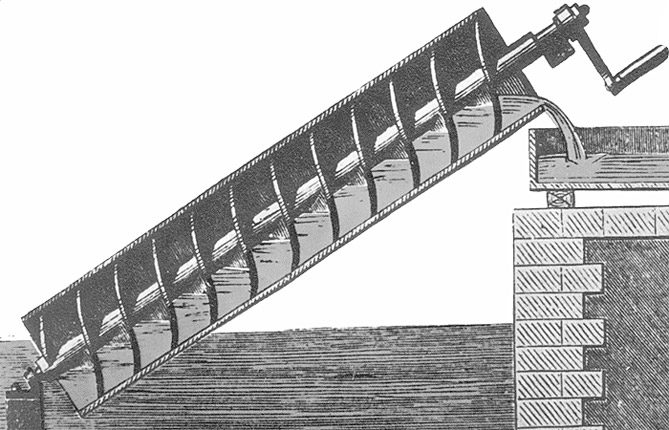



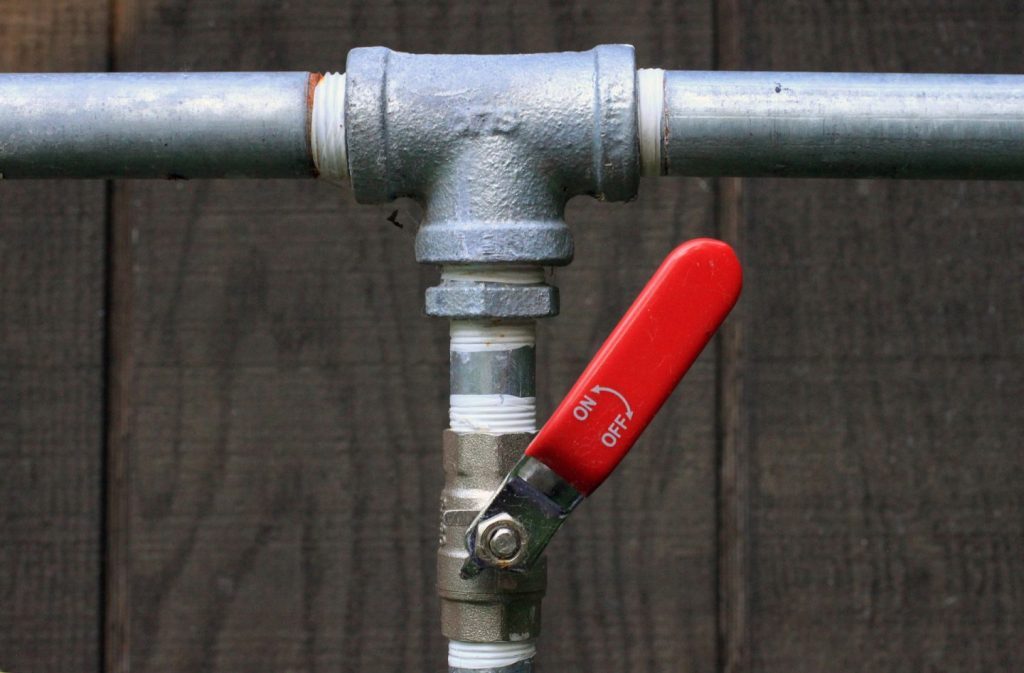
Leave a Reply